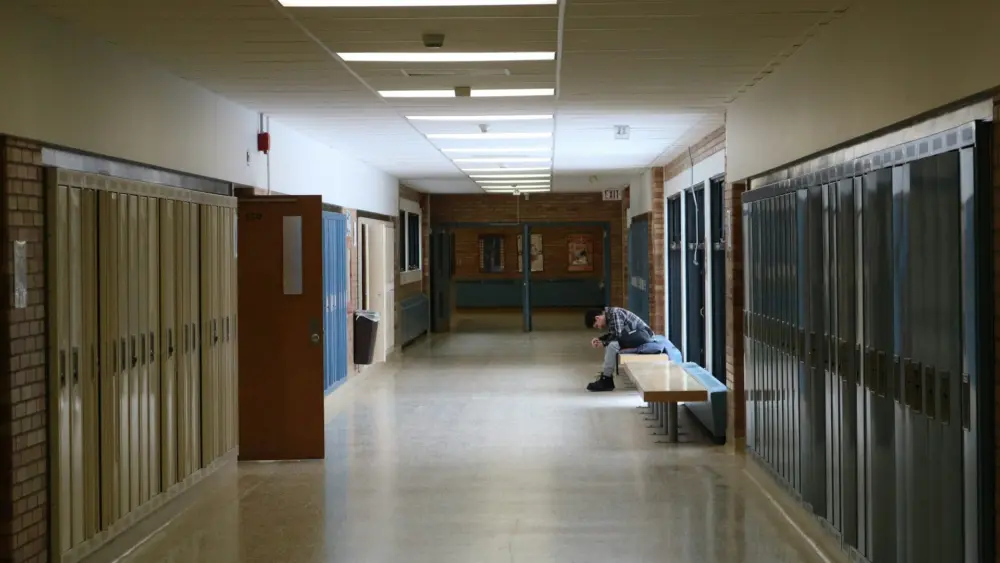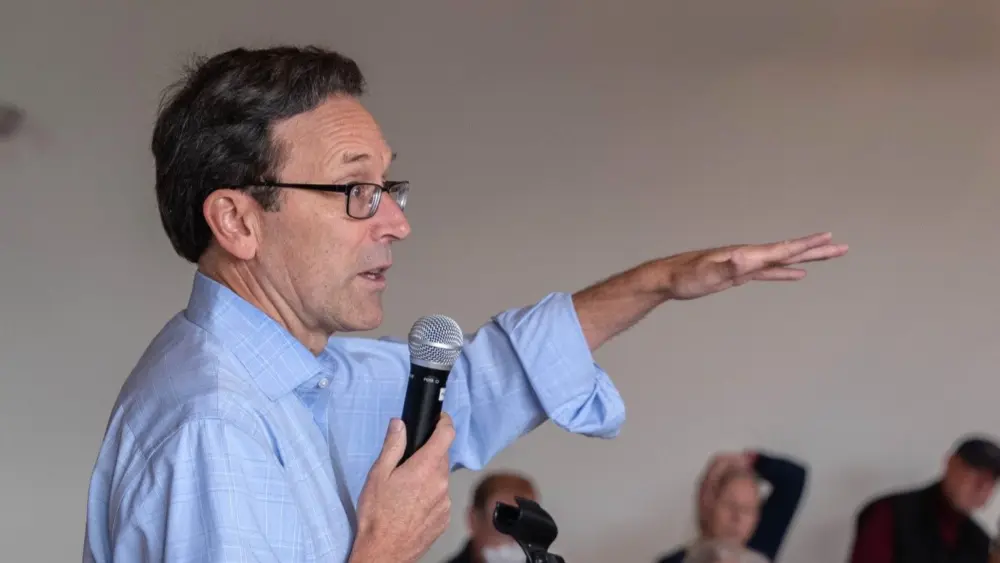OLYMPIA, WA – Washington state drivers could soon see a 6 cents per gallon jump at the pump as part of a revamped transportation funding bill that got a do-pass recommendation out of executive session in the House Transportation Committee on Wednesday.
A striking amendment to Engrossed Substitute Senate Bill 5801 includes a litany of tax and fee hikes. This maneuver removes all bill text except the title and inserts a new bill, often with a different subject matter. A striking amendment can only be proposed during an executive session, not in public hearings.
If the bill ends up passing the Legislature as is, the gas tax would jump to 55.4 cents per gallon from its current 49.4 cents.
Diesel drivers would be hit, too, with diesel seeing a 6-cent total hike – 3 cents in 2025 and another 3 cents in 2027.
Beginning in 2026, most fuel taxes would automatically increase 2% per year based on inflation. Diesel, too, will see its inflation-based costs increase starting in 2028.
According to AAA, the average price of a gallon of gas in Washington was $4.29 as of Thursday, compared to the national average of $3.17.
Most of the revenue generated from the fuel taxes would go to the Motor Vehicle Fund, with 2.5% going to cities and another 2.5% going to counties.
Rep. Ed Orcutt, R-Kalama, hoped to exempt truck drivers from the diesel fuel tax hike with his proposed amendment.
“When you look at truck drivers, they can put on 100,000 to 120,000 miles in a year, and they can be using 20,000 gallons of fuel,” he said. “You start putting 6 cents, as the underlying [bill] would do, and then another 6 cents the next two years, that’s $2,400. That’s either coming out of the truck drivers’ pocket, the trucking company’s pocket, or it’s being added to the cost of goods that are being shipped.”
Orcutt said his amendment would level the playing field so that truckers would pay less for increasing fuel prices than passenger car owners.
Rep. Julie Reed, D-Seattle, spoke against the amendment.
“While I certainly appreciate the important role that our truckers and trucking industry play in our maritime world and our greater economy, unfortunately, there’s also a role that diesel and particulates play in harming the health of our residents,” she said.
The amendment was not adopted.
During the executive session, some of the most contentious debate occurred when lawmakers discussed an amendment to remove language from the bill requiring school districts to move toward all-electric school buses.
“Instead of trying to fund electric buses, especially in the rural parts of Washington, we need to move that monetary budget into the operating budget,” said Rep. Mark Klicker, R-Walla Walla. “Electric school buses aren’t reliable in rural areas. There are so many districts that have to travel a long way to pick kids up, and the buses can’t make it.”
Rep. Victoria Hunt, D-Issaquah, voiced opposition to the amendment.
“We know that conventional school buses produce exhaust that unfortunately has a lot of particulate pollution and harmful substances that are known to increase the risk or exacerbate asthma,” she said, adding that electric buses will help school children breathe better.
Rep. Dan Griffey, R-Allyn, fired back.
“Battery electric shows a lot of promise, but it shows promise,” he said. “It’s going to take us a long time to get there. Battery range for large vehicles is taking a long time to get there. Forcing our schools to make the poor decision to buy a bus that can barely do the job is the wrong maneuver right now.
“When the industry gets up to speed, I do believe there will be parity in pricing, but we aren’t there yet. Our schools are being forced to pay nearly 50% more for an electric-powered bus that will not be able to do the job.”
Griffey also noted that there aren’t enough mechanics trained to handle electric bus repairs.
The amendment was not adopted.
Other bill provisions include hiking almost all vehicle-related fees, increasing taxes on luxury automobiles and non-commercial aircraft, a capital vessel surcharge on ferries and a 3% surcharge added to all ferry credit card transactions.
ESSB 5801 passed out of executive session on a mostly party-line vote. Rep. Joe Timmons, D-Bellingham, joined all Republicans in voting against the bill.
If he bill ends up clearing the full House, it would have to go back to the Senate because of the changes made by the House.
The session is set to end on Sunday, April 27.
If lawmakers can’t finish in time, Gov. Bob Ferguson may need to call a special session to get the bill across the finish line.





